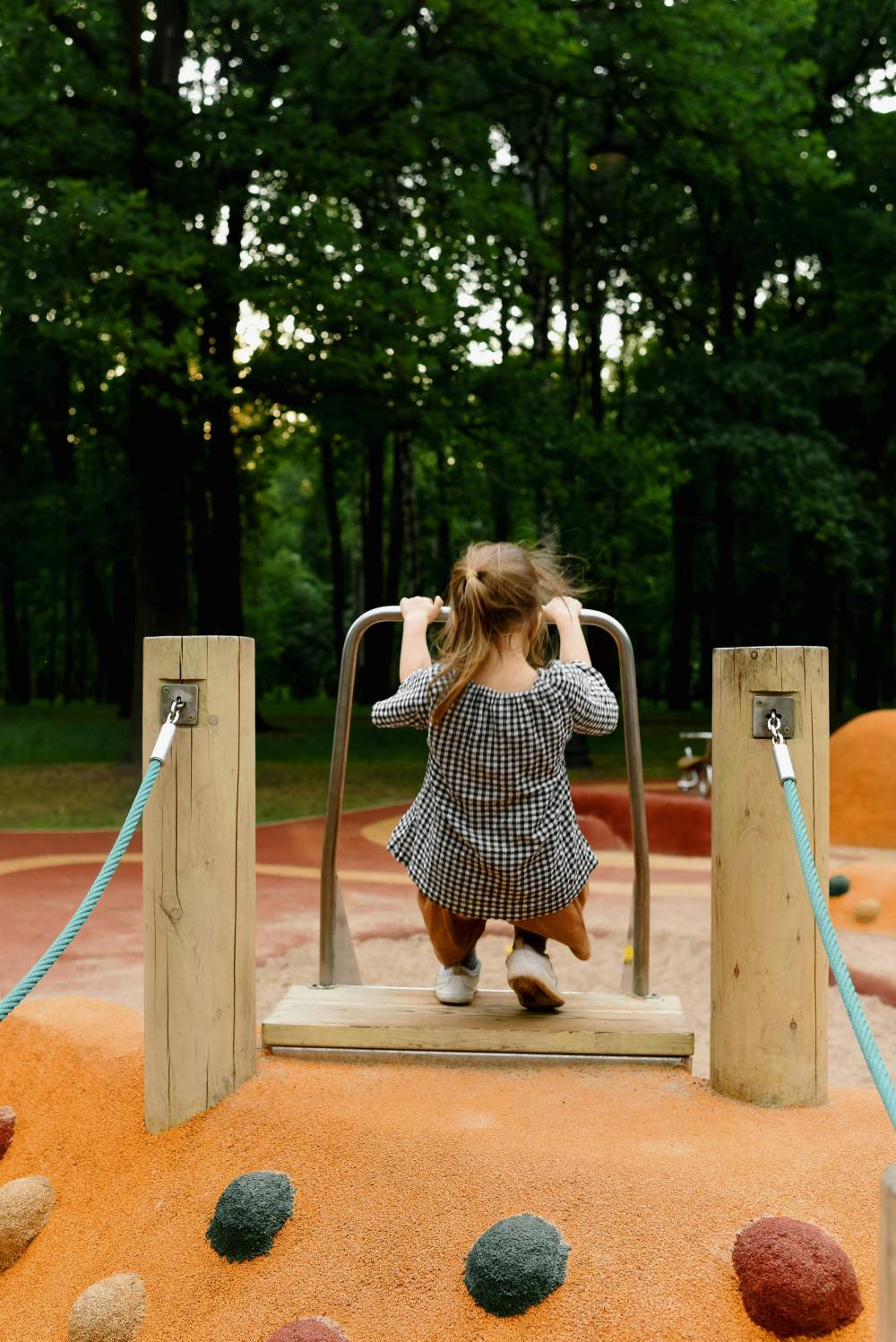Сънът е важен компонент за здравословното развитие на детето. По време на съня си техните тела и умове получават нужния отдих, за да растат, учат и обработват ежедневните си преживявания. Установяването на постоянна сънна рутина за децата е от съществено значение, тъй като това не само допринася за техните физическо благополучие, но също така играе ключова роля за техния емоционален и когнитивен развитие.
Освен това родителите често искат да бъдат информирани за времето за сън и качеството на съня на детето им по време на часовете в детската градина.
Но колко часа сън трябва да имат децата между 0 и 6 годишна възраст, за да се почувстват добре от сън?
Учените откриха връзката между възрастта и часовете, необходими за добър сън.
*
| Новородени (0-3 месеца): | 14-17 часа на ден. |
| Бебета (4-12 месеца): | 12-16 часа на ден. |
| Дечица (1-2 години): | 11-14 часа на ден. |
| Дошколци (3-5 години): | 10-13 часа на ден. |
Имайте предвид, че индивидуалните деца могат да имат леко различни нужди от сън, и това са само общи насоки. Важно е да обърнете внимание на конкретните сигнали на вашето дете и да правите корекции, ако е необходимо, за да се гарантира, че получават достатъчно сън за благосъстоянието и развитието си.
Дете, което се е починало, е щастливо дете, и добре организиран Център за Детска Градина може да направи разликата, като се грижи да осигури необходимия на децата сън.
Защо е важно децата да си почиват в Детската Градина?
* *Сънят значително подпомага академичния растеж и развитие на детето в детската градина и училище. Според изследване, финансирано от Националния фонд за наука, учениците се справяха по-добре с задачите за спомагателно запомняне, когато си почиваха. Но как помага сънят на децата академично? Сънят позволява консолидиране на паметта, процес, при който мозъкът превръща краткосрочните спомени в дългосрочни.
Почивка и Зареждане: Малките деца имат високи нива на енергия и могат лесно да се уморят от активната си игра и учене през целия ден. Сънят им осигурява възможността да почиват и да се зареждат, гарантирайки, че имат достатъчно енергия да продължат да участват в дейности и да взаимодействат с другите.
Здраве и Имунна Система: Достатъчният сън подпомага здрава имунна система, като прави децата по-малко податливи на заболявания. Той също така помага на организма да се възстанови от минорни инфекции и допринася за изграждането на устойчивост срещу различни здравни проблеми.
Безопасност: Умората при децата може да доведе до нещастни случаи и наранявания. Гарантирането на необходимия почивен период през деня намалява риска от инциденти, както в детската градина, така и у дома.
Подобряване на Настроението и Поведението: Всички сме изпитвали как липсата на сън може да доведе до раздразнителност и дразнене. Същото важи за малките деца. Достатъчният сън по време на почивката може положително да повлияе на настроението и поведението на детето. Дете, което се е добре починало, е по-склонно да бъде весело, кооперативно и ангажирано в учебните дейности, създавайки хармонична образователна среда за всички.
Изграждане на Здравословни Сънни Навици: Установяването на рутина за почивка по време на детската градина поставя основата за здравословни сънни навици, които могат да продължат през живота. Ученето на децата за важността на почивката и осигуряването на мирна среда за почивка създава пожизнено уважение към грижата за себе си и разпознаването на сигналите на тялото за почивка.
*https://aasm.org/resources/pdf/pediatricsleepdurationconsensus.pdf
**https://cremedelacreme.com/blog/do-kindergarteners-take-naps/#:~:text=At%20the%20same%20time%2C%20naps,learning%20tasks%20when%20they%20napped.








